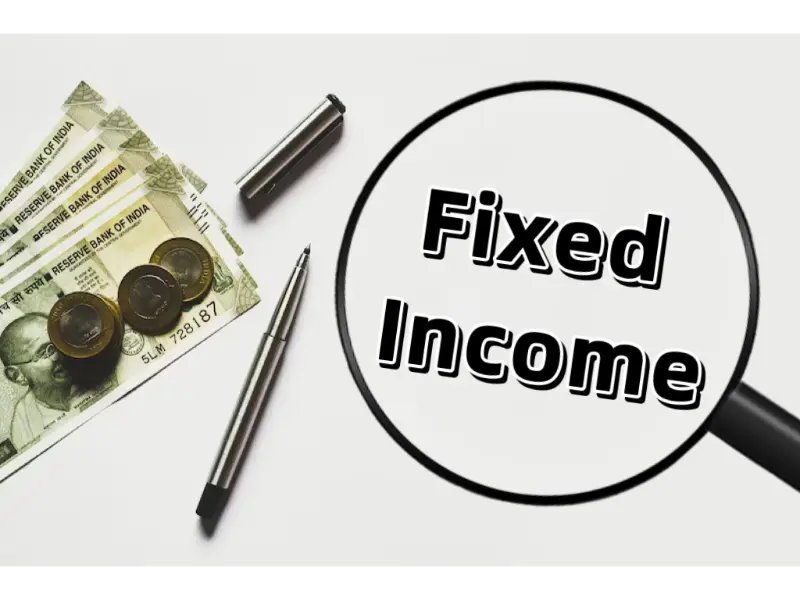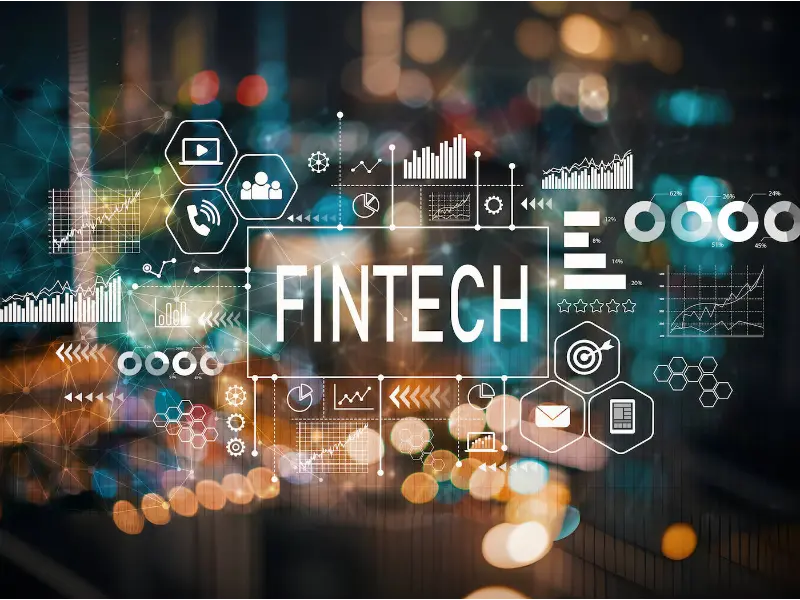- U.S. fintech leaders, including online brokerage Public, Wealthfront, and Apex Fintech Solutions, are driving a revolution in the investment landscape by expanding into fixed-income trading.
- The positive trend of U.S. fintech firms entering fixed-income trading is providing retail investors with increased access to bond markets, breaking traditional barriers.
- Fintech’s move into fixed-income aligns with changing dynamics, offering innovative options amid Federal Reserve adjustments.
U.S. fintech leaders, including online brokerage Public, Wealthfront, and Apex Fintech Solutions, are reshaping the investment landscape by expanding into fixed-income trading after making waves in amateur stock trading.
The expansion of U.S. fintech firms into fixed-income trading represents a positive trend, providing retail investors with easier access to bond markets.
The drive for accessibility and affordability
Amidst a surge in retail interest triggered by the Federal Reserve’s historic interest rate hikes, fintechs are innovating to make bonds more appealing. Public, for instance, breaks barriers by enabling investors to buy $100 slices of Treasury and corporate bonds, a departure from the traditional high minimum investments.
These fintech initiatives stand out for leveraging technology, offering low-cost products, educational tools, and fractionalised shares, echoing successful strategies from the stock trading realm.
This approach not only meets current market demands but also reshapes how retail investors approach fixed-income investing.
Also read: FinTech Platform ZayZoon raised $34.5 million in Series B funding

Fintech’s rise in revolutionising fixed-income markets amidst financial shifts
This strategic move aligns perfectly with the Federal Reserve signaling potential rate cuts, providing fintechs with an opportunity to revolutionise retail bond investing.
The appeal of democratising the traditionally subdued bond market reflects broader trends, offering investors diversified and accessible options.
Public’s success in 2023, measured by investor flows into its Treasury account, underscores the retail appetite for alternatives beyond traditional equities.
The fintech shift into fixed-income is more than a reaction to market dynamics; it’s a strategic response to the evolving needs of a new generation of investors seeking diversity, accessibility, and technology-driven solutions.
Also read: Dazheng’s billion-dollar gambit harnesses the nexus of technology, power and global influence
Fintech’s positive and progressive impact
The expansion of U.S. fintech firms into fixed-income trading signifies a positive and progressive trend in the financial industry. By embracing the challenges of traditional fixed-income investing, these companies actively reshape the investment landscape for the benefit of retail investors.
As the Federal Reserve continues rate adjustments, fintech’s role in providing innovative, inclusive, and user-friendly investment options is becoming increasingly vital, echoing the sentiment of Stephen Sikes, chief operating officer at Public: “When you try and do anything in the bond or fixed-income world… it looks and feels 25 years old. We just haven’t, as an industry, invested in that, and I think we are starting to see the fintech world catch up.”

